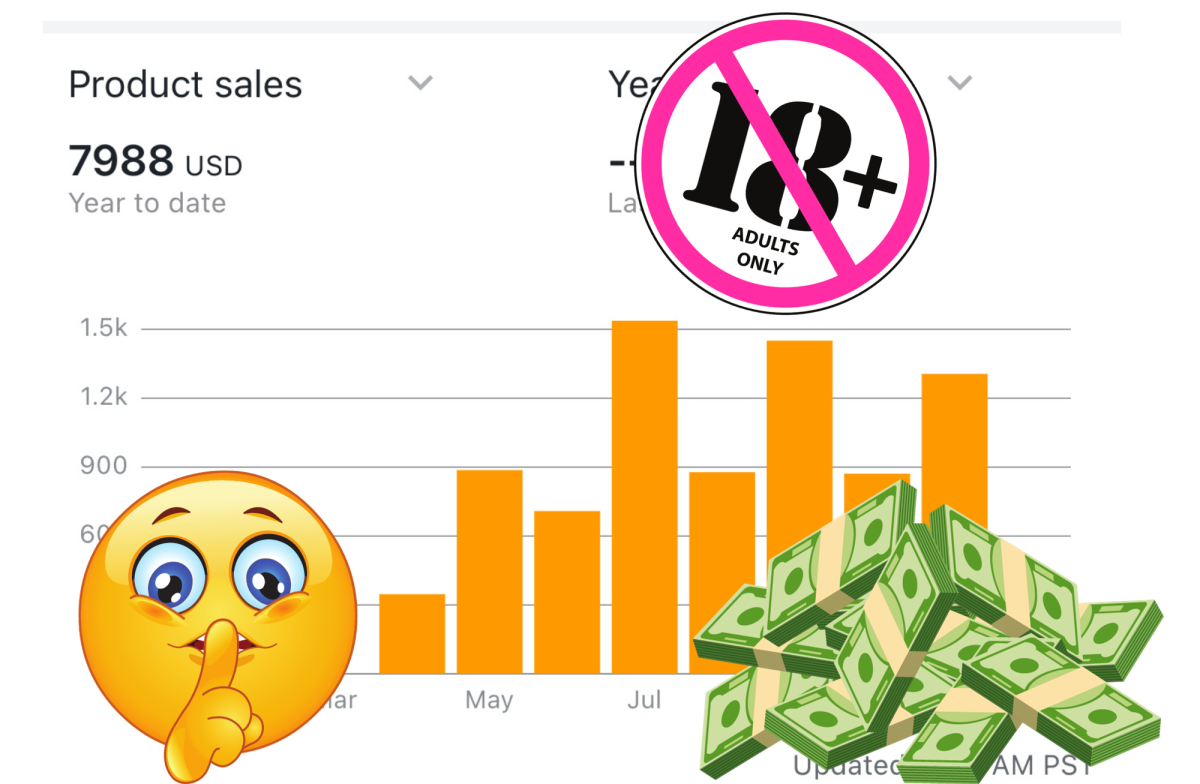Identity Theft Prevention Guide for Your Small Business

Sad as it is, identity theft is becoming a very common crime that affects both individuals and small businesses. While it can be very hard for an individual to deal with the consequences of identity theft, it's even harder for a small business because in most cases the crime affects both the business and its customers. Unfortunately, there is no universal identity theft prevention recipe. However, there are some preventive measures you can take to protect your business and your clients.
How to Spot Identity Theft
The first thing you should do is learn about different natures of identity theft, so that you and your employees are aware of the threat and can spot suspicious activity before it's too late. Identity theft criminals who are targeting a small business can be very creative. For example, a criminal may use a fake name and billing address when dealing with a business that offers delayed payments. Worse still, criminals can use a hacked ID of an existing customer to make fraudulent transactions. Or simply use a stolen credit card to pay for products and services. This is one type of small business identity theft when the criminal tries to con your company. But there is another type of fraud that is far more dangerous.
Some criminals won't bother stealing your clients' details because they are not interested in small profits. What they want is your financial information with all your accounts details. When the criminals have these details, they can impersonate your business and apply for loans, grants, and so on. Need I say more? Just imagine the consequences of having an impersonator get a massive loan in your business name.
Luckily, identity theft is not all that hard to detect when you know where to look. Here is what you need to do to:
- implement policies that make identity theft hard to commit
- watch out for any suspicious financial activity
- train your employees to pay attention to anything suspicious
- keep reminding your clients to report any unusual financial activity supposedly coming from your company
- keep logs for future reference
Following these rules will make sure you detect identity theft early on.
How to Protect Your Business from Identity Theft
Now that you know what to watch out for, it's time to make sure criminals will have a hard time laying their hands on your data.
First of all, make sure that all of your computers have good quality security software that has identity theft protection features. This software is usually not free, but it's money well spent. There are good security solutions from ESET, Kaspersky and Sophos.
The next step is to ensure that your files are protected. The best way to do that is to use file encryption software. Encryption provides an extra layer of security and makes it even harder for criminals to access your company's confidential information. SensiGuard is a good, inexpensive and easy to use encryption software that uses government-approved encryption algorithms.
While it's important to protect existing files, it's equally important to make sure that criminals cannot recover your deleted files like statements, bills, invoices, tax records and so on. A file shredder and a disk wiper will securely delete your files that contain confidential information, so that no-one can ever recover them. Easy File Shredder has both tools and provides a good selection of shredding and wiping methods that will protect your business.
How to React to Identity Theft
If you think that you or your clients have become a victim of identity theft, act immediately. First of all, notify your bank and PayPal team (if you use PayPal) of the incident. They will know what to do. Also don't hesitate to contact the police. If the incident involves online sales, you can report it to FBI's Internet Crime Complaint Center.
Following the tips in this guide will help you prevent small business identity theft and keep you and your customers safe.







